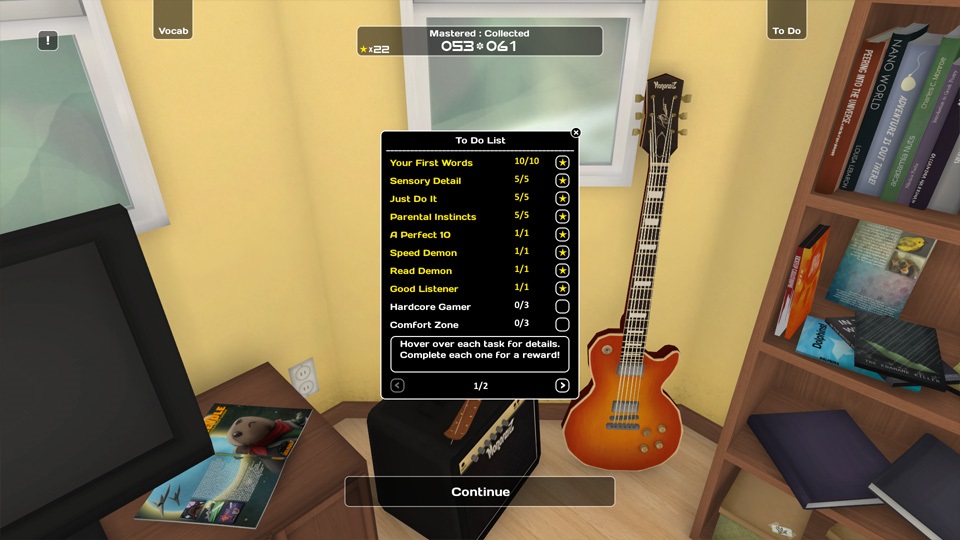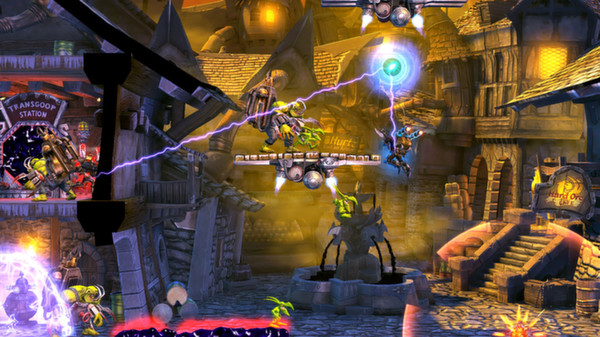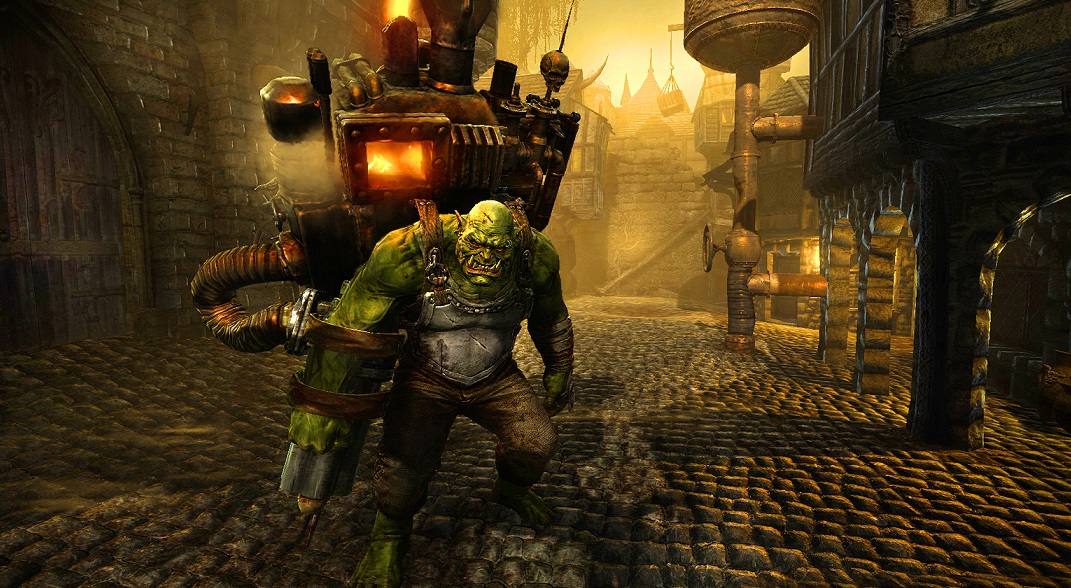Very rarely do people turn on a game they enjoy planing to play it halfheartedly. They go in eager to explore, create, participate and accomplish. Games have an extraordinary way of motivating and compelling individuals to play. Players spend countless hours completing tasks and accumulating wealth in an artificial world. While some may see this is a problem perhaps that bigger problem is that the same very effective methods used to promote this entertainment productivity is not used everywhere else.
Games feed play at emotions in ways other activities do not. They reward players not only with items but with stimulation. They not only provides players with things they like but it leaves them wanting more. Games, when made right, are engaging and keep players coming back for more. Games know what makes humans tick. For example, Influent from Three Flip Studios is a game that uses gamification to help with language development.

Here is a look at the broken down goals in the game Influent by Three Flip Studios.
In the screen above you’ll notice that ones progress is tracked by how much the player has mastered versus what they’ve collected. This makes progress clear and visible. These multiple short term goals make things seem more realistically achievable. Tasks are broken down and therefore are easier to understand. This sparks ambition, a causes players to put their best foot forward.
However, sometimes goals can not be completed alone. Things often require collaboration. Playing games can be intensely emotional. Success can provide great feelings of happiness, while failure and defeat can leave players feeling devastated. These feelings are made much stronger when they are felt by crowds. When the people working on a task collectively take and experience an event, feelings are magnified. Multiplayer games have the potential to motivate in ways single players games do not. Take for instance a game like Diesel Stormers, it just does not feel the same played alone.

In Diesel Stormers by Blackforet Games, when the players successfully defend the detonators they all reap the reward and share in that victory.
Now, it is not that work can not motivate us in these same ways. It is that many companies have not invested time into creating such productivity boosting work methods. The cost of researching it may seem daunting to many and to others justifying it may seem difficult. While there has been a shift for in technology fields for more work as play environments, perhaps over time this same approach will begin to spread to other fields. This is an exciting prospect.



